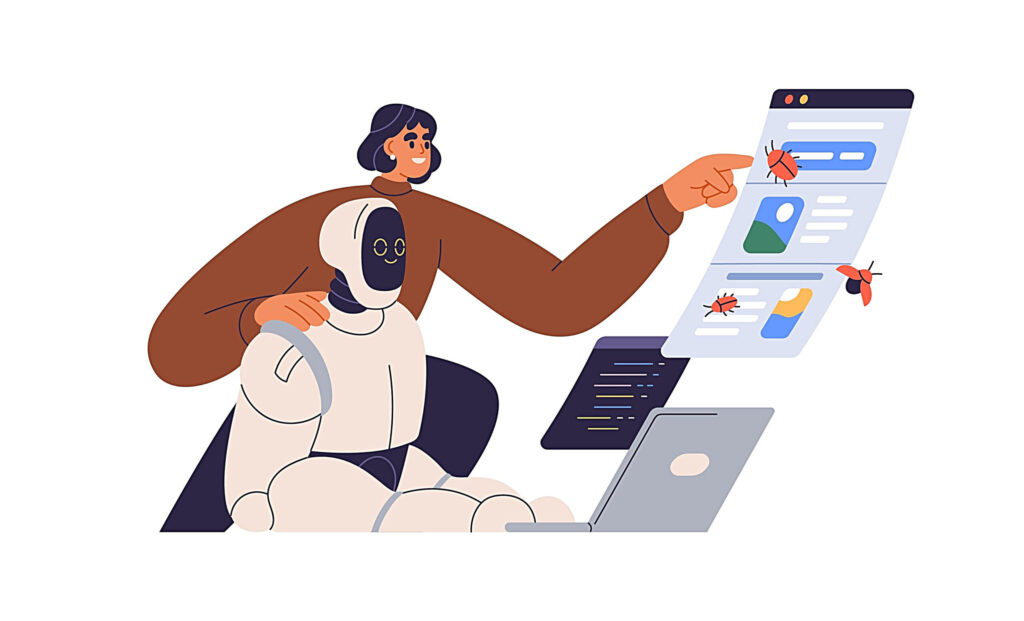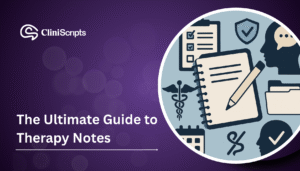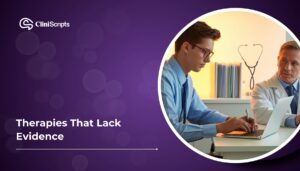Medically Reviewed By: Dr Hanif Chatur
Key Takeaways
–In the fusion of mental health practices and technology, AI-driven transcription stands out as a transformative tool.
–Platforms like CliniScripts prioritize patient confidentiality with strict security measures.
–As the technological landscape evolves, embracing such tools enhances the therapeutic process without neglecting the human connection
In today’s digital age, there’s a growing convergence between mental health practices and technological innovations. Among these innovations, AI-driven transcription has emerged as a game-changer. But why is there a shift towards this technology, especially in the intimate space of therapy? Let’s delve into the key benefits of automated transcription in mental health.
Time Efficiency for Therapists
Perhaps the most evident advantage is the time saved. Therapists, by nature of their job, have back-to-back sessions, making note-taking a cumbersome task. Manual transcription is time-consuming and can drain a therapist’s energy, which is better invested in patient care. With AI-driven transcription, the process becomes swift and seamless. The therapist can focus more on the session, knowing that an accurate transcription will be ready soon after.
When therapists are not bogged down by the need to constantly jot down notes, they can be more present during sessions. This undivided attention often translates to a richer, more engaged therapeutic experience for the patient. Additionally, patients can feel more at ease, knowing their words are being accurately recorded without the distraction of scribbling pens or the clicking of keyboards.
Enhanced Accuracy and Consistency
Human transcription is susceptible to errors and inconsistencies. Whether it’s due to fatigue, multitasking, or plain oversight, crucial details can sometimes be missed. AI, on the other hand, offers a level of precision that’s hard to achieve manually. Algorithms, once trained, consistently capture and transcribe conversations with high accuracy, ensuring therapists have reliable records.
Easy Retrieval and Organization
Traditional note-taking methods can lead to heaps of paperwork, making the retrieval of specific sessions or details a daunting task. With digital transcription, therapists can effortlessly search, organize, and categorize session notes. This efficiency not only saves time but also aids in better patient management, especially when tracking progress over multiple sessions.
Data Security and Confidentiality
A major concern in therapy is ensuring patient confidentiality. Advanced AI transcription services, such as CliniScripts, prioritize security, using encrypted protocols and stringent data protection measures to safeguard sensitive information. This not only assures therapists but also reinforces trust among patients.
The integration of AI into mental health practices, espcially in transcription, signifies a profound shift towards more efficient, accurate and patient-centered care. As technology continues to evolve day by day and AI becomes more powerful, so will the tools that enhance the therapeutic process. Embracing these tools doesn’t diminish the human touch essential to therapy; instead, it amplifies the ability to connect, understand and heal. In the near future with constantly evolving technology, AI-driven transcriptions software’s such as CliniScripts are undoubtedly a step in the right direction.
Conclusion
MarkiTech contains a diverse portfolio of subsidiaries, each dedicated to digital health innovations. They emphasize telehealth, telemedicine and the establishment of virtual clinics, with a distinct mission: supporting seniors as they age at home while facilitating their caregivers.
Sensights.ai stands out for its emphasis on remote patient observation and solutions tailored for aging. By harnessing the power of artificial intelligence, it monitors patients’ health continuously, ensuring caregivers and patients are constantly connected and informed.
Meanwhile, Veyetals adopts rPPG and advanced AI-driven algorithms to gauge vitals on-the-go. It does this by analyzing the light reflection from blood vessels beneath the patient’s skin, allowing for non-intrusive and instant health checks.








